Could your diet play a part in fixing your vision? Studies have shown that foods rich with antioxidants, vitamins A and C and even omega-3 all contribute towards healthy eyes.
If you want to maintain excellent visual health way into old age, it’s time to switch up your meal plan. Alongside protective lenses and regular visits to the optometrist, vision-rich foods play a key role in preventing age-related diseases such as macular degeneration, diabetic retinopathy and cataracts.
For those of you looking to boost your eye health and maintain your sharp sight, we’ve listed 7 eye-opening super foods that’ll keep your vision in check for many years to come.
Can your diet save your vision?
Maintaining a well-balanced diet could be the key to a healthy future. Prioritising vitamin, nutrient and mineral-rich foods contribute to your heart health, brain function and, of course, your vision.
Staying on top of your nutritional habits can be hard. That's why it is important to be constantly learning about new health and wellness remedies. Whether you consult industry leaders like Healthline and Caring Empire for inspiration or simply start taking more preventative measures, your diet could transform your vision.
The question is how? According to M.D. Paul Bernstein, “The only known means of prevention of some age-related eye diseases such as age-related macular degeneration or cataracts is by exploiting nutrition.”
“The eyes are exposed to a very significant amount of oxidative stress (an imbalance of free radicals and antioxidants) due to potentially damaging visible light,” he explains. “To help protect against this stress, your body needs a steady supply of antioxidants.”
Introducing these antioxidants in the form of your daily food intake is a natural way to keep your eyesight in tip-top shape. From omega-3-rich fish to carrots that really do help you see in the dark. Here are 7 foods that could transform your visual health in 2023.
Fish
Fish is one of the best vision-rich foods you can consume. Packed full of omega-3 fatty acids, these ‘healthy fats’ all contribute to visual development and maintain your retina health.
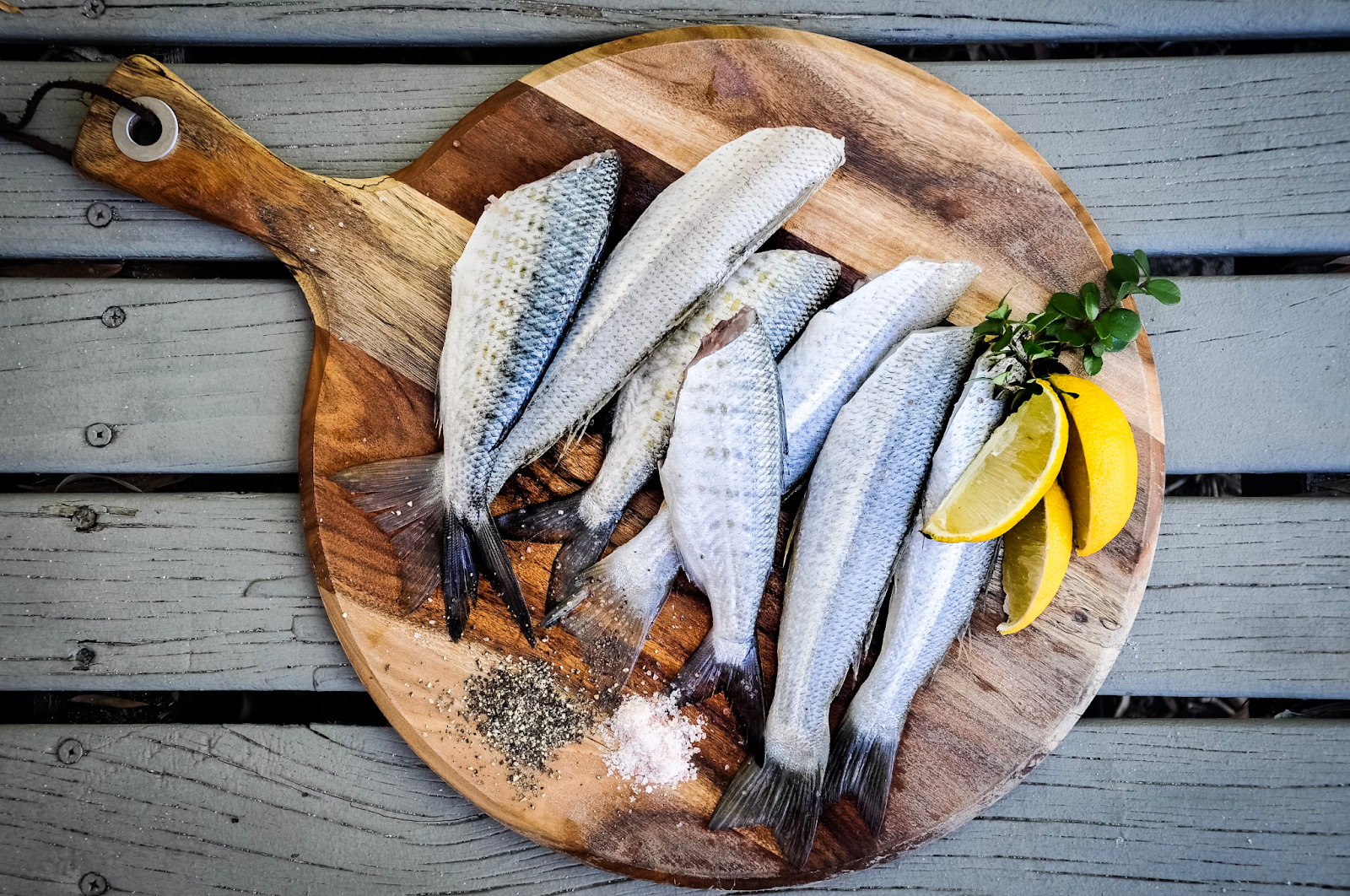
In fact, according to a study by the Age-Related Eye Disease Study (AREDS), people who consume fish regularly are 30% less likely to be a victim of retina-based diseases such as macular degeneration in later life.
Adding omega-3-rich foods like salmon, tuna and cod into your diet just 1-2 times a week could significantly improve your visual health.
Dairy
Did you know that dairy can also be a great vision-boosting must-have? Adding products such as milk and yoghurt into your daily diet will not only improve your gut health, but these products are also rich in vitamin A and Zinc, two nutrients that are essential for your sight.
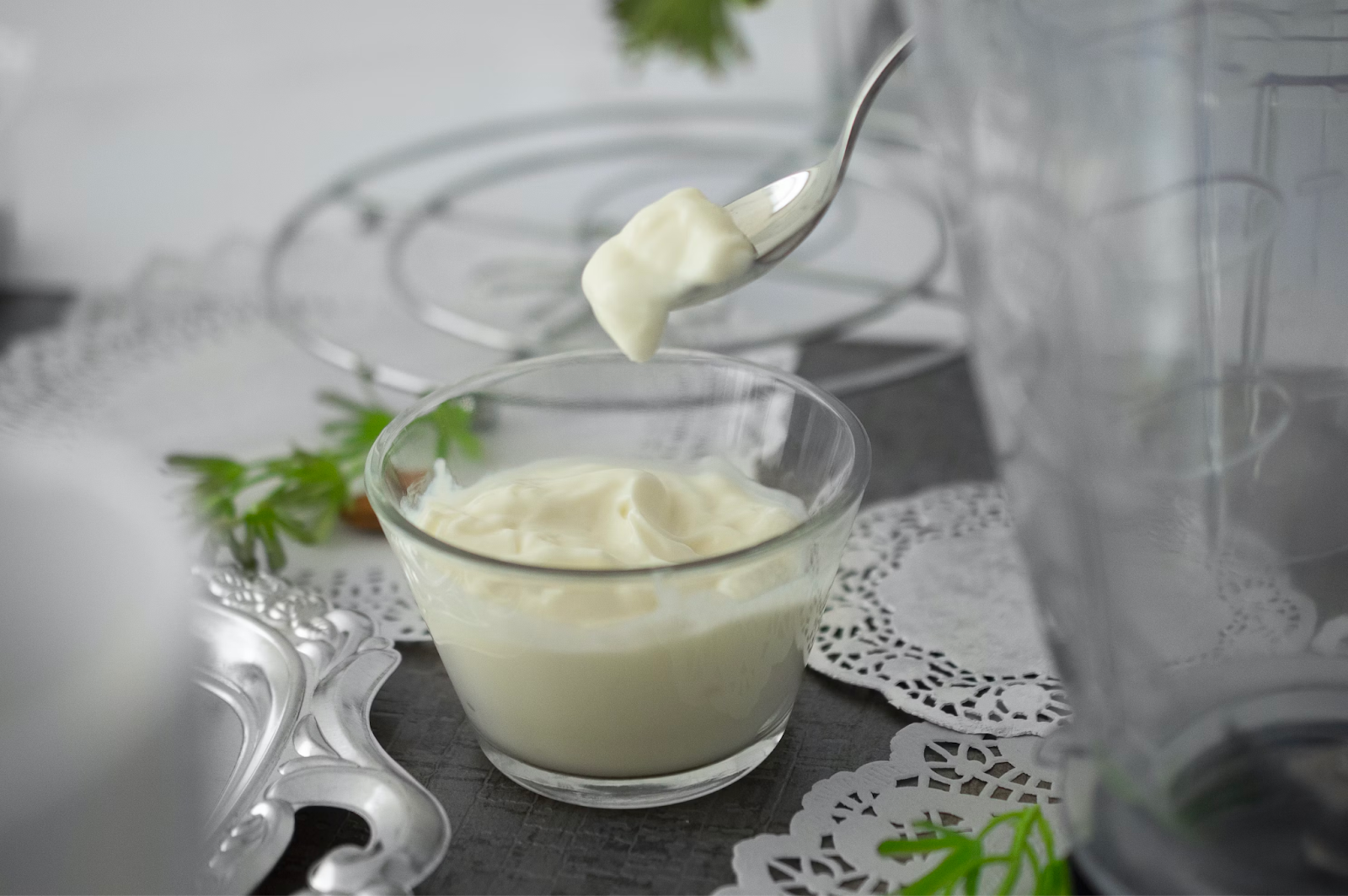
Vitamin A plays a large role in protecting your cornea, which works well in keeping your sight sharp.
Zinc is also an essential mineral found in dairy. While our eyes already contain zinc, especially within the choroid and the retina, adding more zinc into your diet can actually boost your night-time vision, as well as prevent diseases such as cataracts.
Eggs
Eggs are also loaded with powerful antioxidants called lutein and zeaxanthin, which both play essential roles in keeping your eyes healthy.
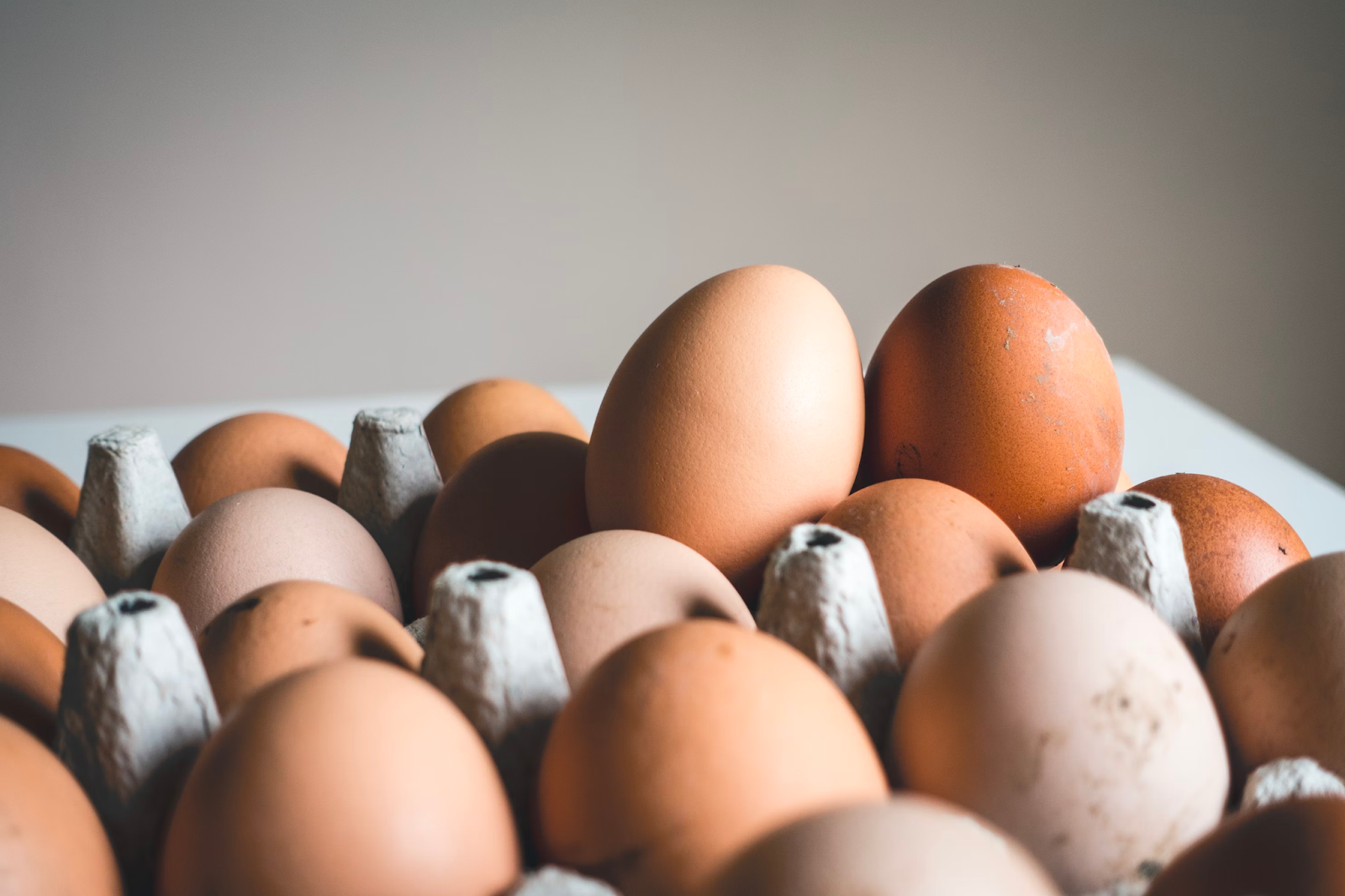
As we expose ourselves to oxygen and light on a daily basis, our eyes can produce something called ‘oxygen free radicals’. These oxidants can are known to damage eye cells, often leading to poorer vision for those who fail to protect their eyes from the sun. While there are hundreds of styles of sunglasses on the market, only 27% of Americans chose to wear them in 2023.
Consuming foods like eggs and dark leafy greens that are rich in lutein and zeaxanthin can help cancel out these radicals and even repair cellular damage. Eating just four eggs per week could significantly reduce your chances of developing macular degeneration, one of the leading causes of blindness over the globe.
Carrots
Can carrots actually help you see in the dark? The answer is yes. Like egg yolks, carrots are packed full of vitamin A while also containing beta-carotene.
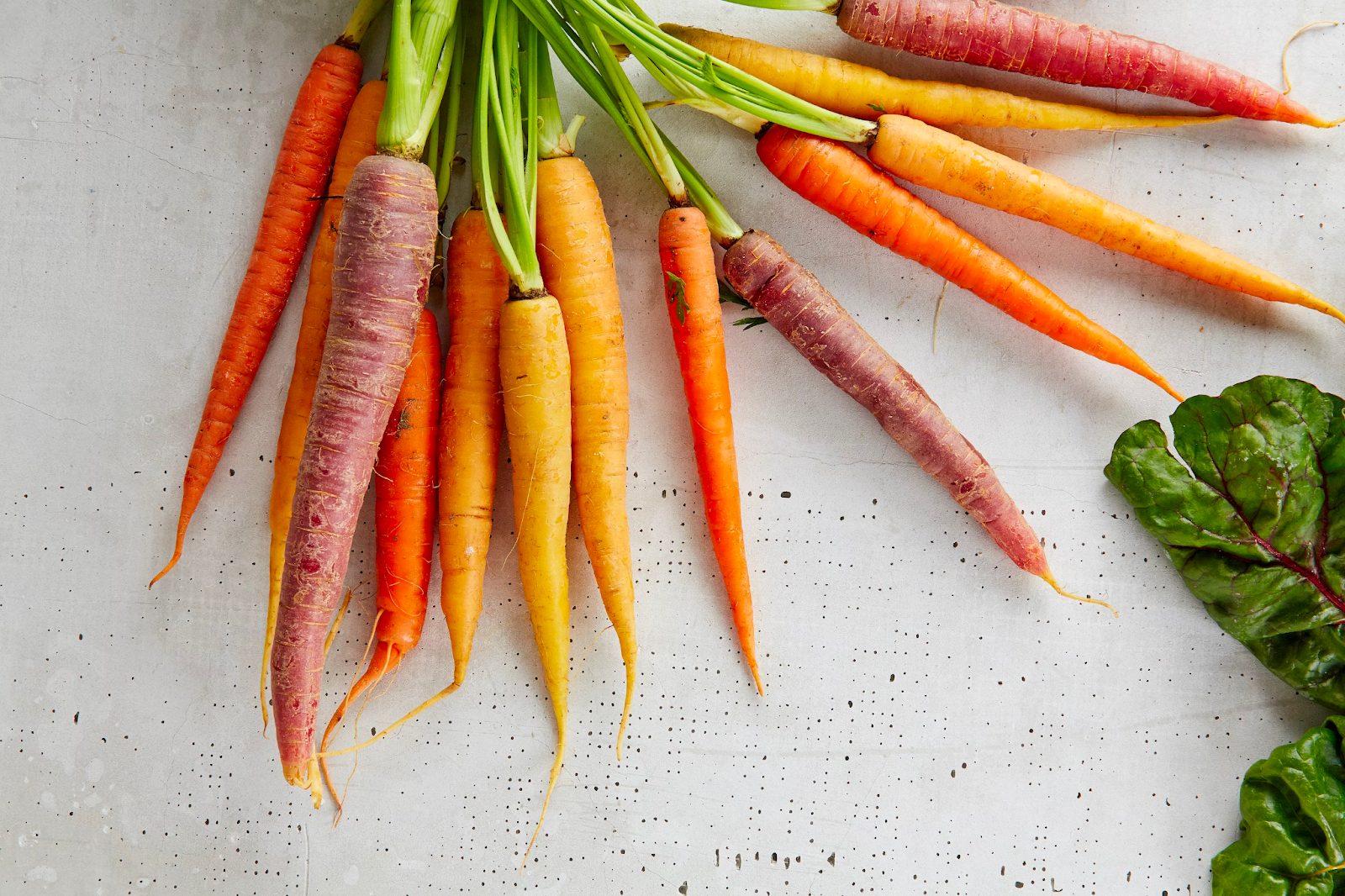
“Carrots contain vitamin A or retinol, and this is required for your body to synthesise rhodopsin, which is the pigment in your eyes that operates in low-light conditions,” says BBC Science Focus. While carrots won’t provide you with night vision goggles, you’ll certainly find it easier to see in the dark if you prioritise vitamin A in your diet.
Carrots also aid the surface of the eye. This vitamin-rich vegetable can help prevent eye infections and even clear up age-related dry eye.
Blueberries
Blueberries also have serious eye health benefits. If you’re looking for a vision-rich fruit, these little berries are packed full of anthocyanins, which aim to boost collagen production around the eye.
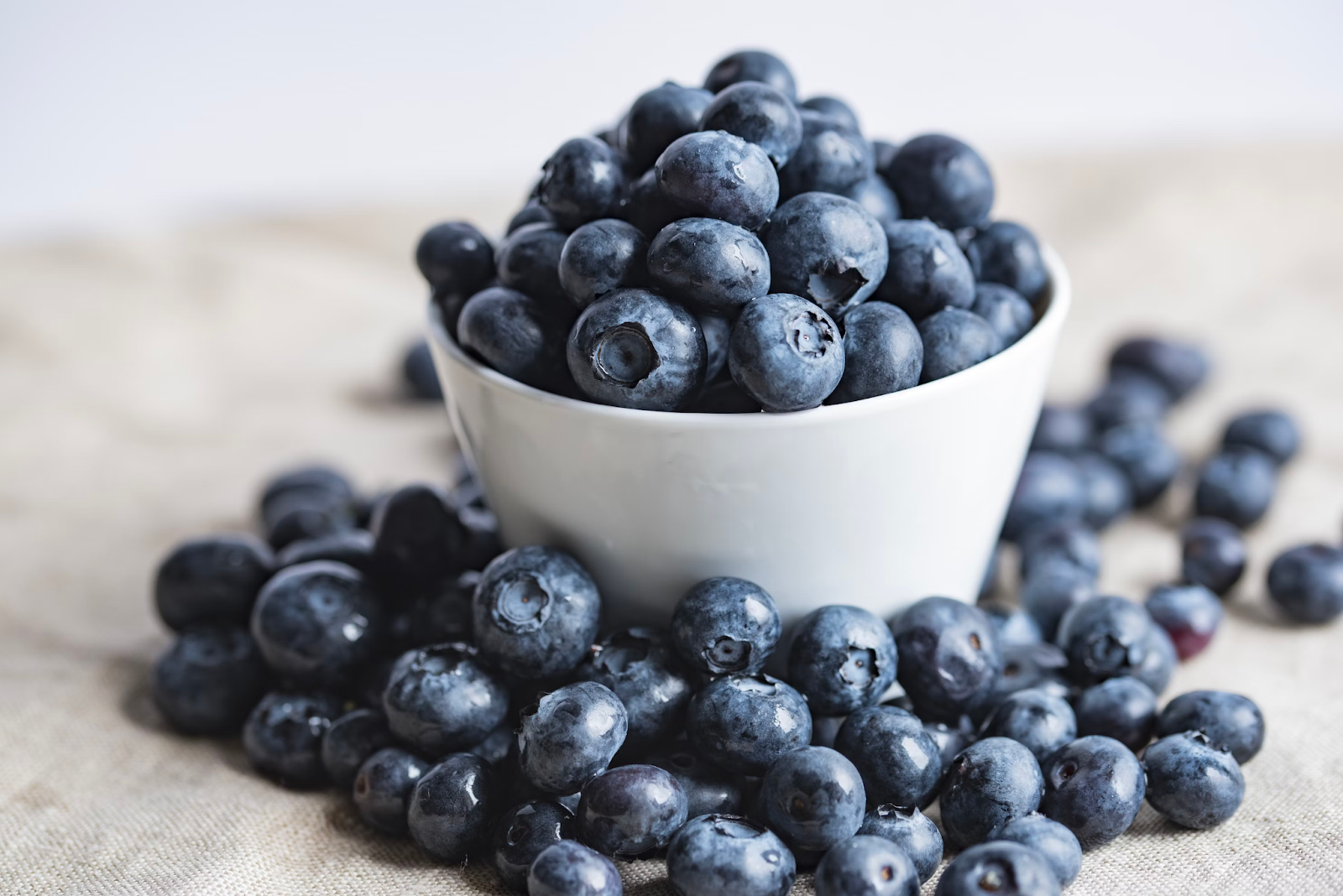
Collagen can provide structure for the retina and provide extra protection against diseases such as macular degeneration. Not only can it contribute to reducing retina detachment, but studies have also found that it improves the sight of people suffering from normal tension glaucoma.
Collagen production also helps create a layer of protection across the surface of the eye, making it the perfect partner in reducing the effects of UV light exposure.
Dark Chocolate
For those of you looking to treat yourself, dark chocolate has also been proven to boost eye health.
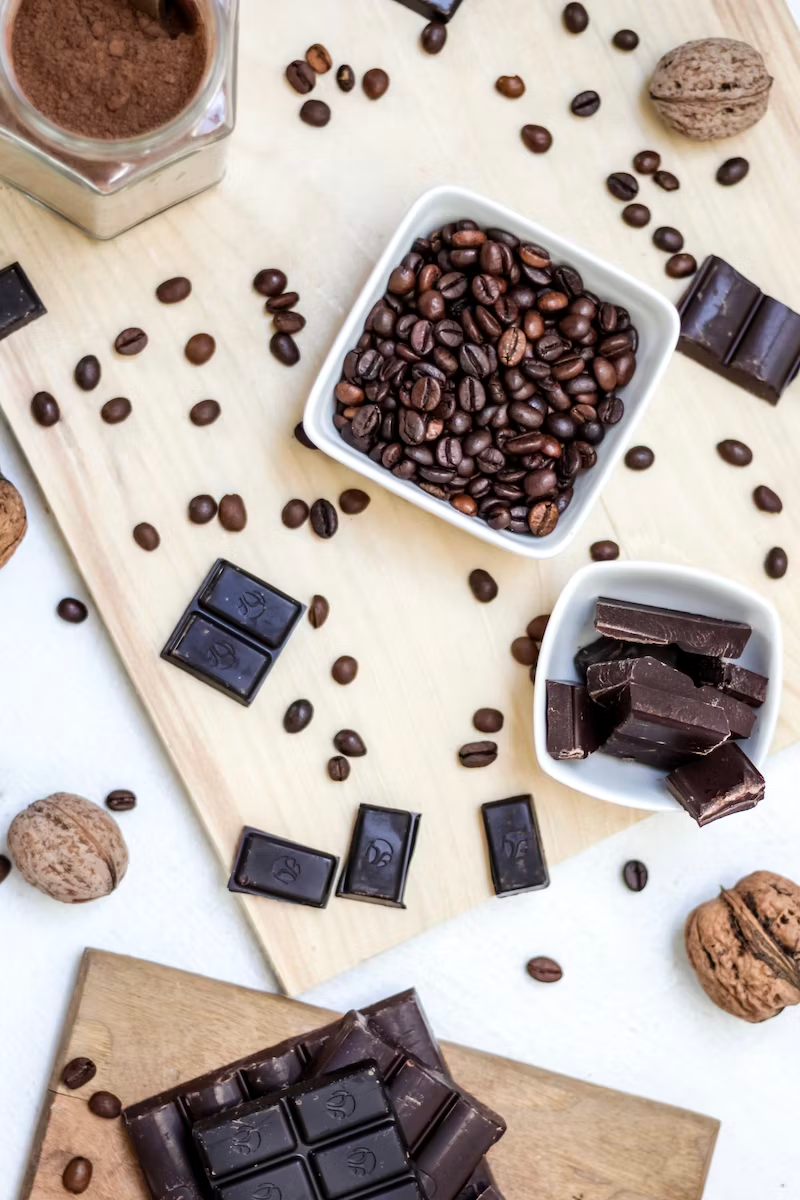
According to a 2018 study by JAMA Ophthalmology, adults who consume dark chocolate frequently have sharper vision and improved visual contrast sensitivity. This is due to the flavonoids that are rich in dark chocolate. This is a great treat to eat if you are at risk of macular degeneration or glaucoma, as according to JAMA Ophthalmology, dark chocolate alone can significantly reduce symptoms associated with each disease.
Nuts and Legumes
Last but not least, let’s talk about nuts. Whether you’re inclined to cashews, walnuts or even lentils, this food group is one of the most important eye-health must-haves.
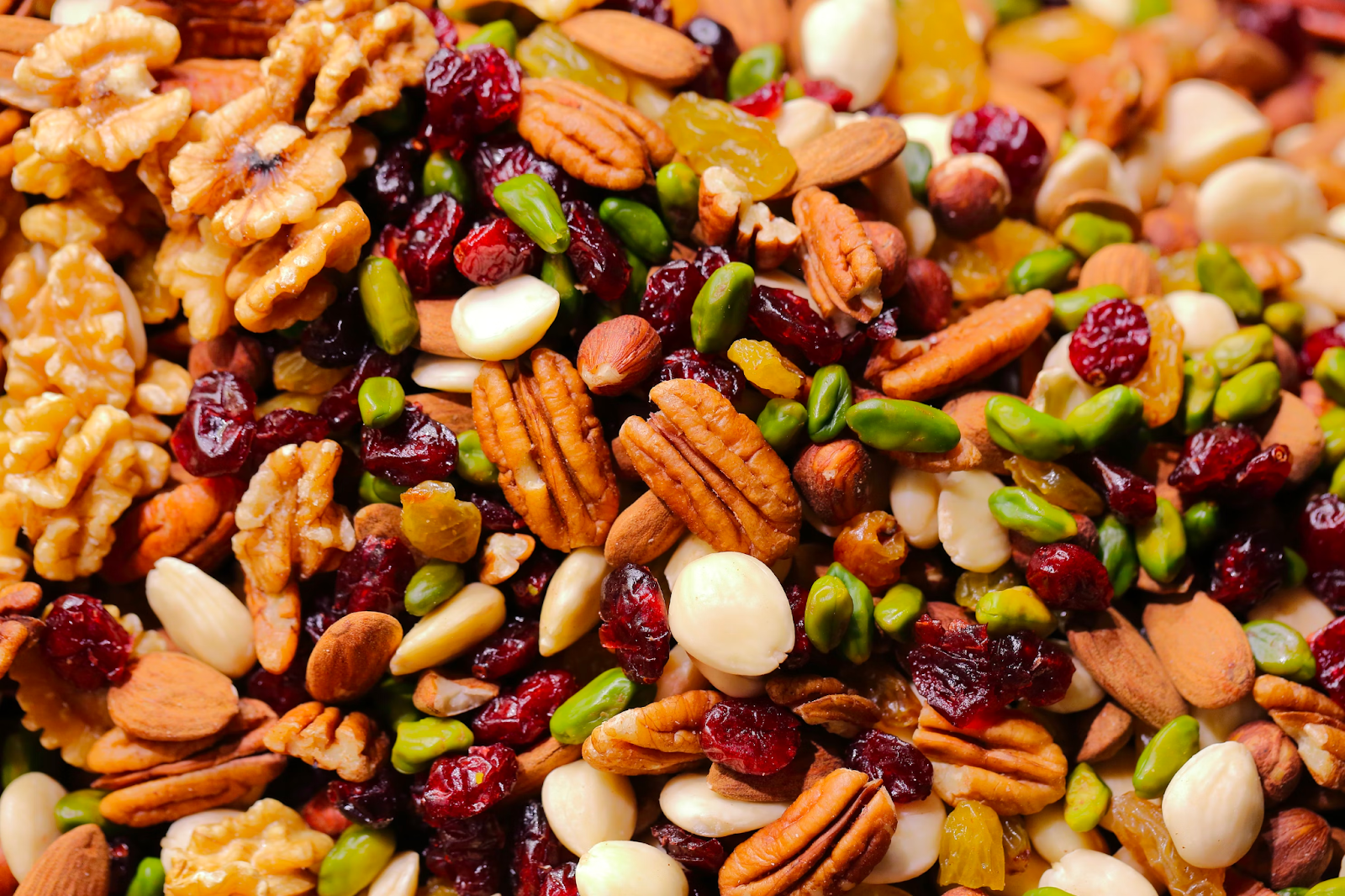
Packed full of omega-3 fatty acids and a high level of vitamin E, they play a key role in protecting your eyes from age-related damage.
“Vitamin E, an antioxidant, may help protect your eyes against damaging free radicals,” say experts at Healthline. “It’s used in a daily supplement called AREDS as a potential treatment for AMD, and high amounts in your diet may be associated with a reduced risk of cataracts.”
By simply introducing small amounts of nuts and legumes into your weekly meals and snacks, you can quickly combat the effects of eye ageing and prevent degenerative conditions.
For a vision-first future, it’s important to keep your diet in mind. Whether you’re young or old, your sight is a precious tool that should be protected at all costs.

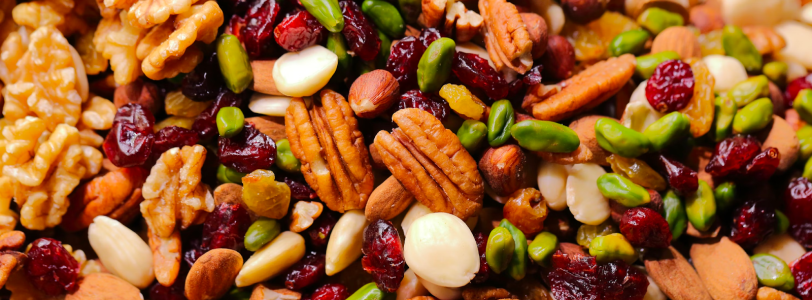

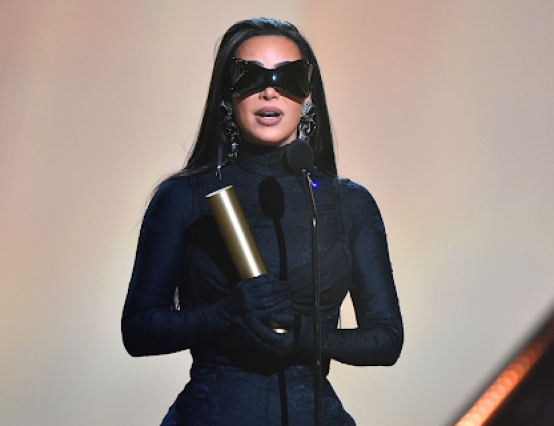





0 Comments